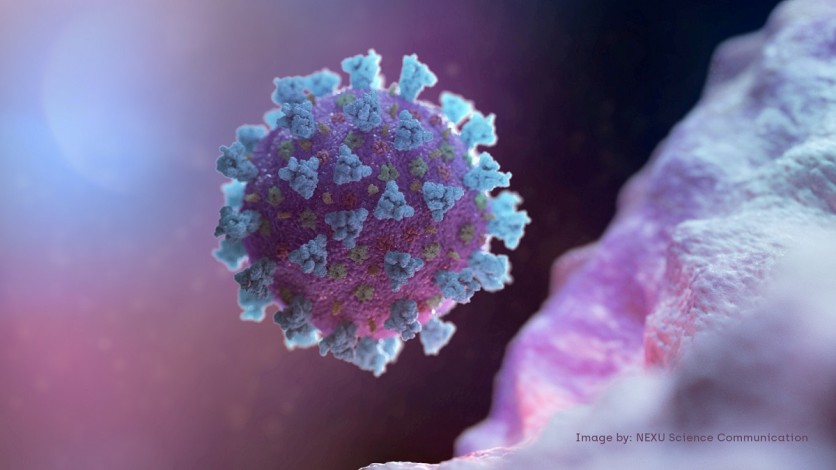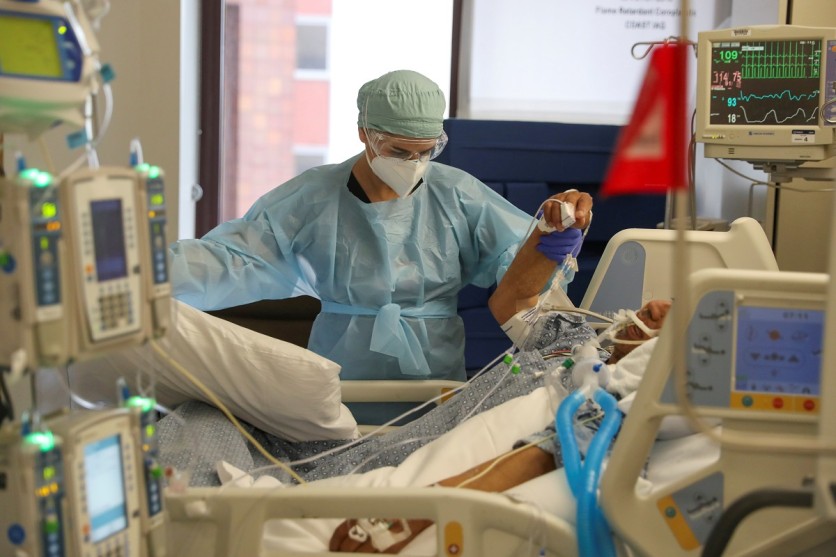A new study found the majority of Chinese patients recovering from COVID-19 still suffer from lung damage three months after being discharged from the hospital.
Zhongnan Hospital of Wuhan University Intensive Care Director Dr. Peng Zhiyong published his findings on his research on the impact of COVID-19 on patients' health after recovery. This was the first research that looked into the long-term effects of coronavirus on recovering patients.
According to Daily Express, Dr. Peng's study proves the long term impact of coronavirus on intensive care patients in Wuhan, China where the first outbreak happened in December 2019. Currently, there are nearly 70,000 COVID-19 cases and 4,512 deaths in the city.

The doctor tracked 107 COVID-19 patients who acquired viral pneumonia and were placed in intensive care. The study group has an average age of 59 and all patients endured key respiration functions like a gas exchange and ventilation.
After three months of being discharged from the hospital, the study shows that 90% continue to suffer from lung damage. Some patients also have difficulty walking long distances and lack of energy. Compared to healthy groups who could walk 500 meters within six minutes, recovering patients could only walk about 400 meters within the same time.
Dr. Peng also said that most COVID-19 survivors' immune systems were still recuperating from the disease while about 10% of them the antibody to resist the virus three months after leaving the hospital.
Aside from lung and immune problems, Dr. Peng's research team also found that almost half of the study group have experienced depression after they tested for COVID-19. Among this group of people, half of them were diagnosed with clinical depression while another 20% are in depression state.
They are worried about not being able to live a normal life as they would be stigmatized for contracting the virus their families do not even want to eat with them at home.
Doctor warns about pulmonary fibrosis
Like Dr. Peng, Dr. Sassan Rafi has been doing extensive research on pulmonary fibrosis for 15 years. Amid coronavirus pandemic, he said thousands of hospitalized COVID-19 patients in the United States may endure health risks even after recovery.

Aside from lung problems, previous studies suggest COVID-19 survivors have a higher risk of strokes and heart failure.
According to an earlier report by Tech Times, COVID-19 patients who spent weeks on a ventilator are now being monitored for pulmonary fibrosis as aggressive viruses damage the lung tissue.
Rafi warned that those patients face higher risks than cancer patients because the scarred tissue makes it more difficult for the lungs to function properly. This can lead to respiratory failure, causing some patients to become highly dependent on a ventilator throughout their lives or even require a lung transplant.
The doctor said that pulmonary fibrosis has a three-year-prognosis, much worse than many cancers. While "there is no optimal treatment" yet, Rafi said his company is working on creating a drug to stop pulmonary fibrosis and even reverse the damages it brings.
![Apple Watch Series 10 [GPS 42mm]](https://d.techtimes.com/en/full/453899/apple-watch-series-10-gps-42mm.jpg?w=184&h=103&f=9fb3c2ea2db928c663d1d2eadbcb3e52)



